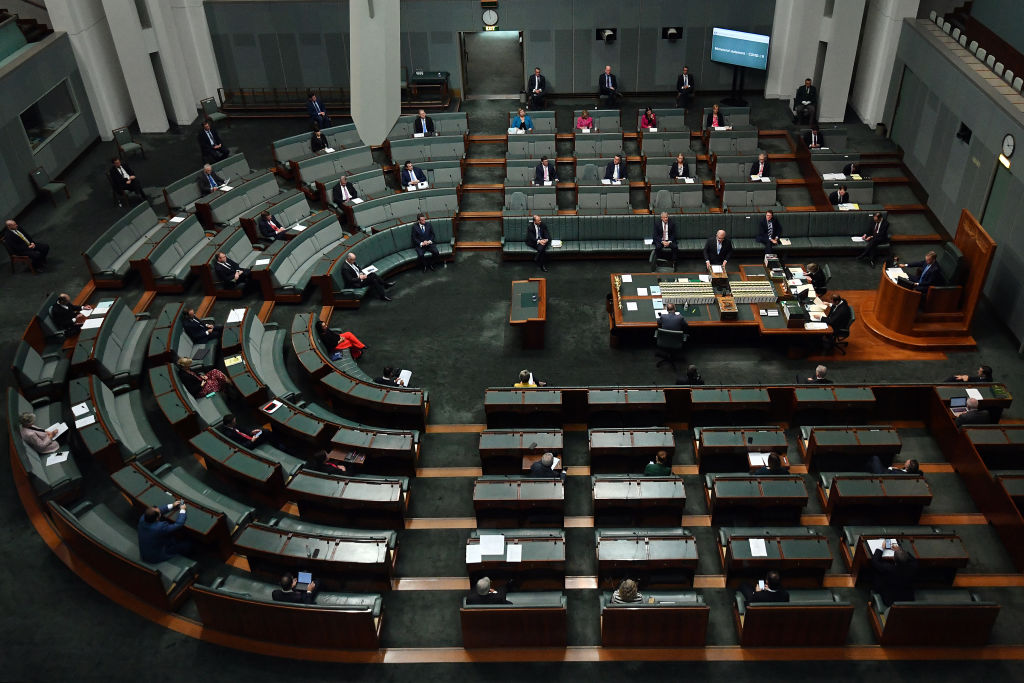
The huge damage caused by Beijing’s initial mishandling of its public-health response to the coronavirus pandemic, as well as the Chinese Communist Party’s gross and mainly unsuccessful attempts to control the global narrative, have highlighted aspects of the Chinese state that many with no interest in world affairs can understand—and be annoyed by.
In the space of a few short weeks, popular perceptions of the Chinese state in Australia have shifted in ways that, if replicated elsewhere, are going to be truly damaging to China’s international standing in the years to come.
From big-business types with vested interests in China’s economic growth to average voters tired of short-termism in their domestic politics, those who quietly admired the CCP’s ability to look over the horizon, keep things secret and just get stuff done are now fewer in number. Those still of this view are probably now questioning how long they can hold out.
Lots of things look different in this new light.
That Prime Minister Scott Morrison hasn’t spoken to President Xi Jinping this year (presumably because Xi doesn’t want to speak to him) could in the pre-coronavirus world be played down or perhaps even dismissed as China being China, trying to punish us for something it thinks we could probably try harder to fix. But in the current circumstances, with so many lives in the balance, this lack of high-level contact seems irresponsible and just plain rude. And it’s not what you would expect from a comprehensive strategic partner.
Is it possible, should we wonder, that China’s failure to inform the world in a timely fashion of the threat posed by the coronavirus is somehow our collective fault?
Thankfully, we don’t do such confidence-sapping navel-gazing anymore.
The habit of linking Australia’s value and virtue as an international actor to our ability to maintain ‘good relationships’, especially with China, is not as deeply ingrained in Australia’s foreign policy decision-making as it once was, and it will be even less so in the post-coronavirus world.
While this maturation of Australia’s foreign policy has been happening for a while now, the popular scepticism generated by the Chinese state’s mishandling of the coronavirus pandemic will have a freeing effect on decision-makers, with implications for how they engage with Australia’s external environment.
How Australia’s politicians use or misuse this freedom will have an impact that extends beyond the coronavirus pandemic.
Without as much popular fear of offending the Chinese state and its leaders, there’s a risk that Australian politicians of all shapes and sizes will feel compelled to be faux-robust in their comments about China’s international behaviour, even when they have nothing much to say or offer.
Bluster for bluster’s sake should be discouraged.
The post-coronavirus environment will provide more opportunities for those who know what they’re talking about to more clearly articulate an Australian vision of the future of the region and the world.
Concern about the CCP’s growing reliance on force and coercion to achieve its goals must form part of this picture, not the whole picture.
The first opportunity to get that message right is coming in the form of our response to the Chinese government’s reaction to international calls for a global inquiry into the origins of the initial coronavirus outbreak.
Australia should not cast blame for blame’s sake, but seek to demonstrate our willingness to defend our sovereignty and national interests in ways that are easy to understand.
The Morrison government should not be deterred if China’s leaders seek to block the inquiry, as they appear to be doing. Firmly and repeatedly making the case for an investigation, but in a way that doesn’t open the door for all and sundry to misuse the heightened levels of popular mistrust in the Chinese state and its leaders, will demonstrate our own ability to stay on task and look over the horizon.

